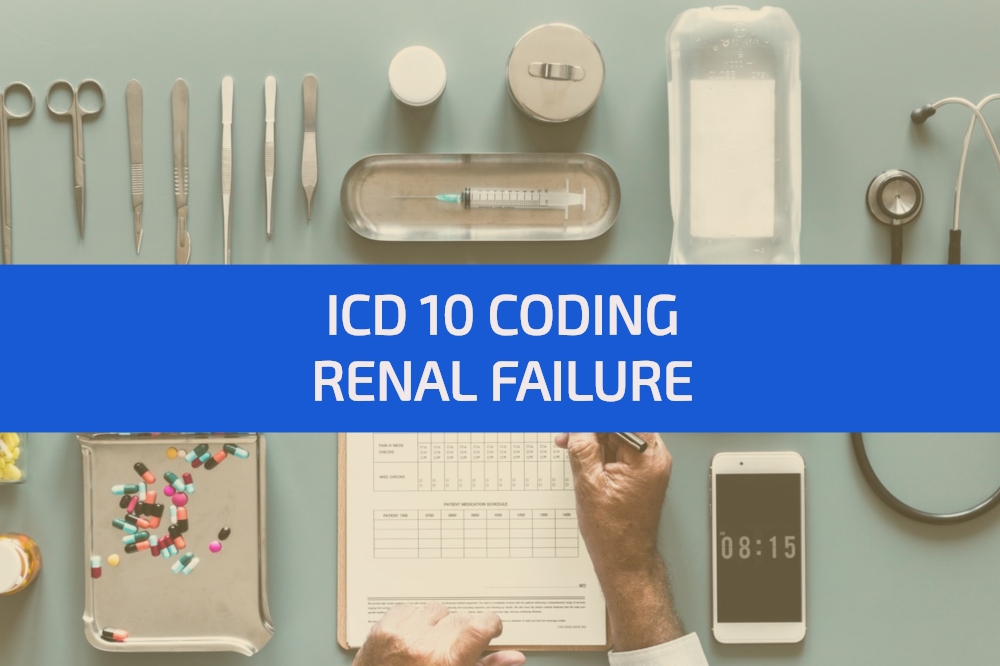‘To Err is Human…’ is not a phrase one wants to hear in the professional context. However, there is no denying that people tend to make mistakes – the following are a few common coding errors. Hopefully, being aware of these possible errors will help avoid them.
Incorrect Basic Information
More often than not, claims are denied due to silly mistakes in patient information such as misspelled patient names, incorrect insurance numbers or provider details. One needs to ensure that all information is accurate and in the right location; as well as having the right level of details in the medical record, as per ICD-10 requirements.
Mismatched Procedure Codes
Incomplete or inaccurate code descriptions on encounter forms, cheat sheets, and electronic charge systems constitute the major causes of such errors. If a physician doesn’t provide the medical coder with correct information about a patient’s diagnosis, the wrong code may be used on the bill, and the insurance company may deny coverage, stating a ‘lack of medical necessity.’
Inaccurate Diagnosis Codes
The diagnosis code tells the payer the reason for the service for the service performed. Some patients have more than a single condition and require unrelated services. Other patients may receive a service that is only covered for a certain indication. For example, a patient presents to a family physician for hypertension, but has a wart removed during the same visit. The code for the office visit needs to be be linked to hypertension, and the code for the wart removal must be linked to the diagnosis code for warts.
If a patient’s diagnosis is upcoded, but there is no change the treatment code, an insurance company will usually reject the claim because the treatment code and diagnosis code doesn’t match.
Overlapping Dates
Error in dates is one of the leading causes of claim denials. It is highly advisable to check that the discharge date of the patient from a healthcare provider does not overlap with the date you offered the service to the patient. Checking insurance eligibility or EMR is the best was to cross-check the date.
Typos
The number 0 (Zero) and the letter ‘O’ can be easily mis-typed, just like letter ‘I’ with number 1 (One).
Modifiers
Modifiers are two-digit codes added to a service that inform the payer of special circumstances. Anytime one provides more than one service at a single encounter, one needs to consider whether a modifier is needed. The AMA develops CPT modifiers, which are numeric, while the CMS develops HCPCS modifiers, which are alphanumeric or alphabetic. Both types of modifiers can be used on CPT or HCPCS codes.
In the last five years, payers have increased their recognition of modifiers when processing claims, which makes it even more important to learn them and use them correctly.
Updated Knowledge
It is imperative to keep up to date on the new coding rules and initiatives. Failing to do so can result in lost revenue and potential compliance risk. MedConverge offers specialty-specific coding services and also provides ICD-10 training. Contact us on info@medconverge.com
Losing out on revenue due to medical coding errors? Our experienced team of Certified Professional Coders (CPC), Certified Coding Specialist (CCS) and medical billers ensure that we bill insurance companies and patients, quickly, efficiently and error free. Common errors such as incorrect patient information and diagnoses, mismatched procedure codes, overlapping of dates, typos etc. can cause a great deal of stress and waste precious time. Take a look at this whitepaper, for tips on creating a successful medical billing process.




